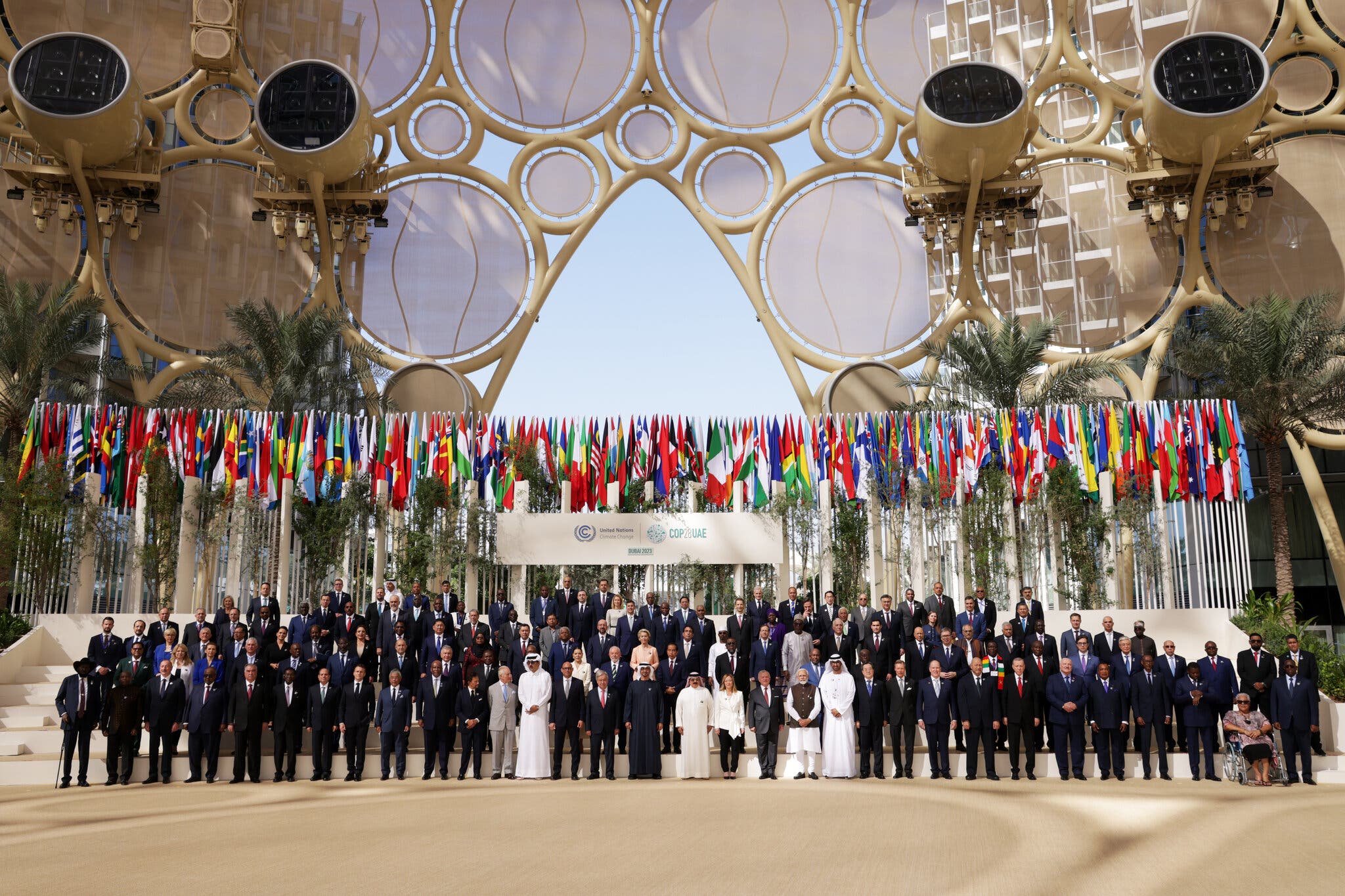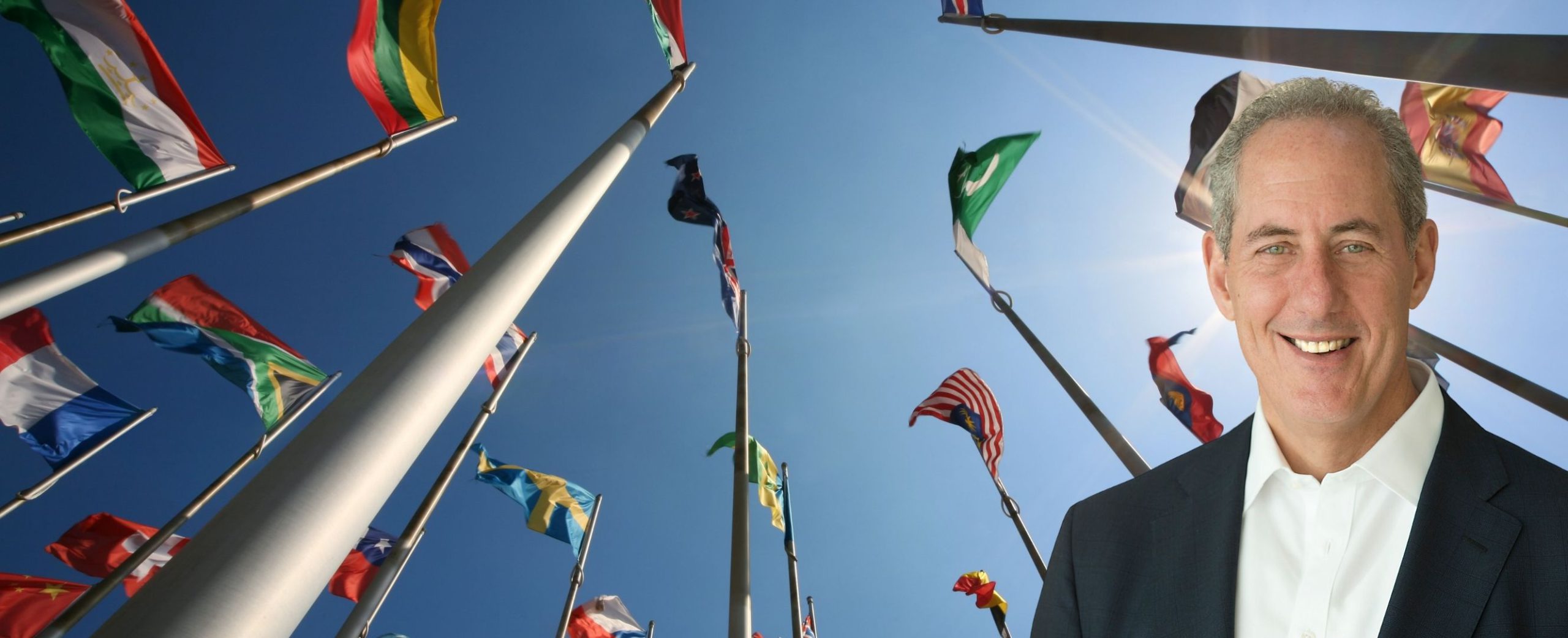Global leaders at the UN climate summit in Dubai reached a historic agreement, calling for all nations to transition away from fossil fuels to curb greenhouse gas emissions and limit global warming. While the agreement fell short of explicitly demanding a fossil fuel phase-out, it marked a significant shift in climate diplomacy, acknowledging the urgency of deep emissions reductions. The first Global Stocktake revealed that current emission reduction commitments are insufficient to meet the 1.5°C warming target. The WWF welcomed the transition away from fossil fuels but urged increased ambition and implementation of climate action, emphasizing the need for renewable energy transformation.
After days of intense negotiations, a landmark agreement emerged from the UN climate summit in Dubai, marking a significant step towards addressing the climate crisis.
For the first time in history, the agreement explicitly calls on all nations to transition away from fossil fuels, a crucial step in curbing greenhouse gas emissions and limiting global warming.
While the agreement stopped short of explicitly calling for a phase-out of fossil fuels, a move that many governments had hoped for, its acknowledgment of the need to move away from these polluting energy sources represents a significant shift in global climate diplomacy.
The text clearly recognizes the urgency of the situation, stating that “deep, rapid and sustained reductions” in emissions are essential to avoid the devastating consequences of exceeding the 1.5°C warming threshold set out by the Paris Agreement.
This newfound recognition of the need to transition away from fossil fuels is a testament to the growing global consensus on the urgency of the climate crisis.
It is a sign that even in the face of immense challenges and vested interests, nations are able to come together to address this existential threat. Now countries must turn this agreement into action.
This will require a significant scale up of climate finance to unlock this action.
Developed countries must deliver the finance needed to ensure all countries can rapidly decarbonise and restore nature.
Despite these challenges, the agreement reached at COP28 is a step in the right direction, signaling a willingness among nations to recognize the gravity of the situation and take action to address it.
The first global stocktake revealed we’re off track
The world is not on track to meet the goal of limiting rising temperatures to 1.5°C, above pre-industrial levels. This was the stark conclusion of the first Global Stocktake (GST), conducted at COP28, the 28th Conference of the Parties to the UN Framework Convention on Climate Change.
The GST, a comprehensive assessment of global climate action, found that current national commitments to reduce greenhouse gas emissions are woefully inadequate.
To stay within the 1.5°C warming target, global emissions need to be cut by 42% below 2010 levels by 2030. However, current NDCs put us on track for only a 14% reduction.
The GST served as a sobering reminder of the urgency of climate action.
The world is rapidly approaching the point of no return, and we need to take immediate and drastic action to avert the worst impacts of climate change.
The GST outcome is a call to action for all countries, businesses, and individuals to step up their efforts and work together to achieve a sustainable future.
What is WWF’s assessment?
WWF welcomes the decision by countries to transition away from fossil fuels, but is disappointed at the failure to commit to a full phase out.
WWF calls for increased ambition and implementation of climate action, highlighting the need to transform energy systems and replace fossil fuels with clean and cheaper renewable energy at an unprecedented speed and scale.
The WWF also calls for more funding to help people in harm’s way and for action to protect nature.
World leaders called on Friday for urgent action to slow global warming as the annual United Nations climate summit kicked into gear against a backdrop of two major wars and rising global temperatures.
King Charles III challenged the gathering in Dubai to take “genuine transformational action” to slow the spiral of greenhouse gas emissions, and the United Nations secretary general, António Guterres, called for the total phase-out of fossil fuels, on the second day of the meeting, known as COP28.
Other heads of state and government will speak on Saturday and the event will continue for 10 days as negotiators from nearly every nation try to find common cause in the fight against climate change.
The meeting comes toward the end of what will almost certainly be the hottest year in recorded history. Greenhouse gas emissions, mainly driven by the burning of fossil fuels, have now warmed the planet by about 1.2 degrees Celsius above preindustrial levels. Floods, fires, droughts and storms made worse by climate change are unleashing destruction around the world.
The leaders calling for swift action to reduce emissions face a daunting task. While many developed countries are installing more wind and solar power, global greenhouse gas emissions and fossil fuel demand continue to rise.
Any final agreement must be ratified by every country in attendance. The need for unanimous consent means that each word in the final document will be scrutinized. In previous years, representatives from oil producing nations have vetoed language calling for a rapid phaseout of fossil fuels.
Here’s what else to know:
The summit officially opened Thursday with delegates reaching an agreement in principle on a fund that will help poor countries cope with climate disasters. Another big issue on the table at the meeting is an international effort to limit emissions of methane, a potent greenhouse gas.
Speaking Friday, India’s prime minister, Narendra Modi, rebuked developed nations for “indiscriminately” exploiting the planet and pledged to redouble his nation’s shift away from fossil fuels.
The meeting has drawn criticism for the heavy presence of oil and gas executives. The oil-rich host nation, the United Arab Emirates, has been accused of trying to strike oil deals on the sidelines of the summit. The president of the proceedings, Sultan Al Jaber, is the head of the Emirates’ state oil company, Adnoc. In his opening remarks on Thursday, Mr. Al Jaber defended the presence of fossil fuel interests at COP28, saying: “Let history reflect the fact that this is the presidency that made a bold choice to proactively engage with oil and gas companies.”



